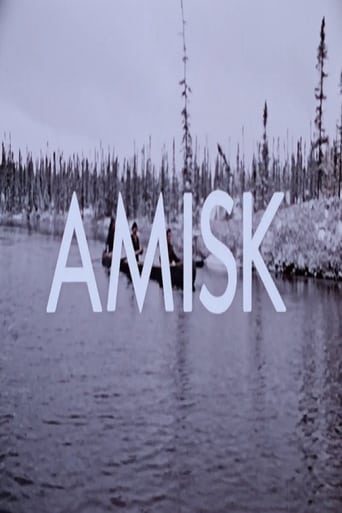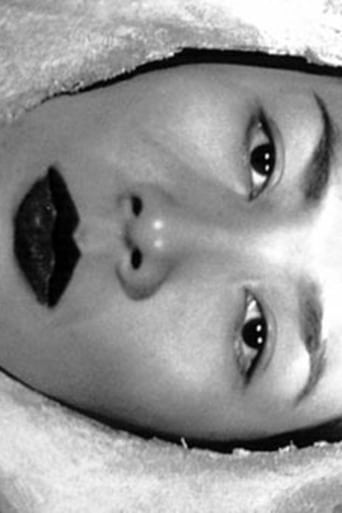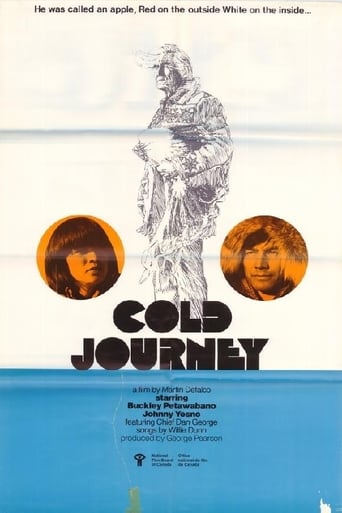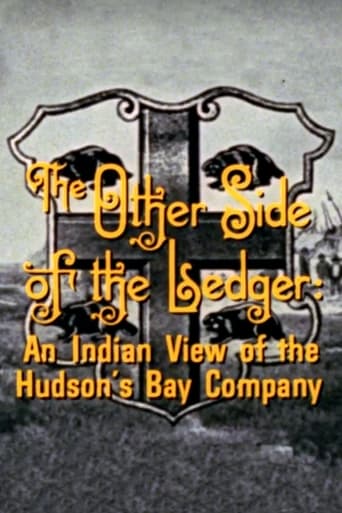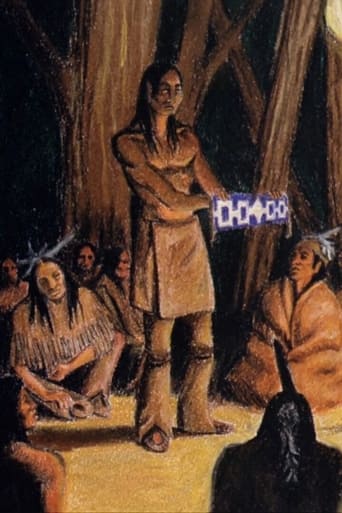1998 47 min 1 vues
This all-Native production, by director Shelley Niro (Mohawk), is part of the Smoke Signals new wave of films that examine Native identity in the 1990’s. Set on the Grand Pine Indian Reservation, aka “Reservation X”, HONEY MOCCASIN combines elements of melodrama, performance art, cable access, and ‘whodunit’ to question conventions of ethnic and sexual identity as well as film narrative. A comedy/thriller complete with a fashion show and torchy musical numbers, this witty film employs a surreal pastiche of styles to depict the rivalry between bars The Smokin’ Moccasin and The Inukshuk Cafe, the saga of closeted drag queen/powwow clothing thief Zachary John, and the travails of crusading investigator Honey Moccasin. This irreverent reappropriation of familiar narrative strategies serves as a provocative spring-board for an investigation of authenticity, cultural identity, and the articulation of modern Native American experience in cinematic language and pop culture.
